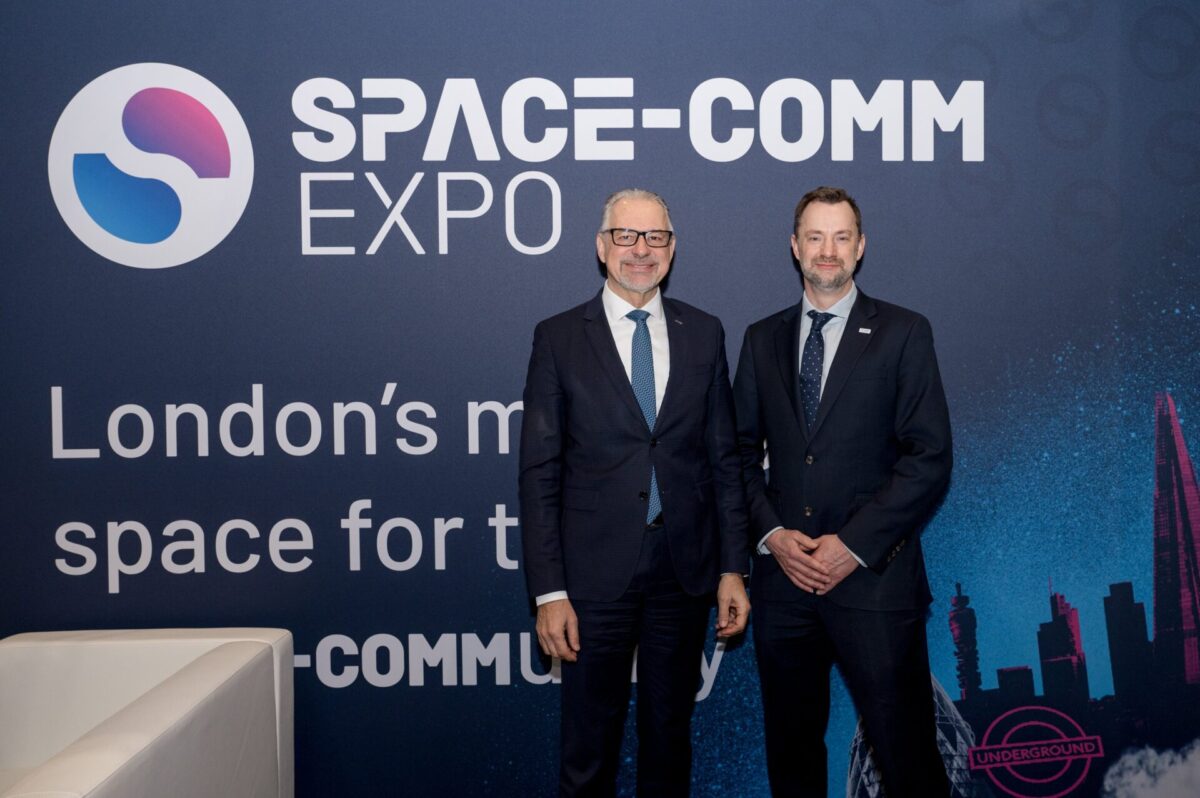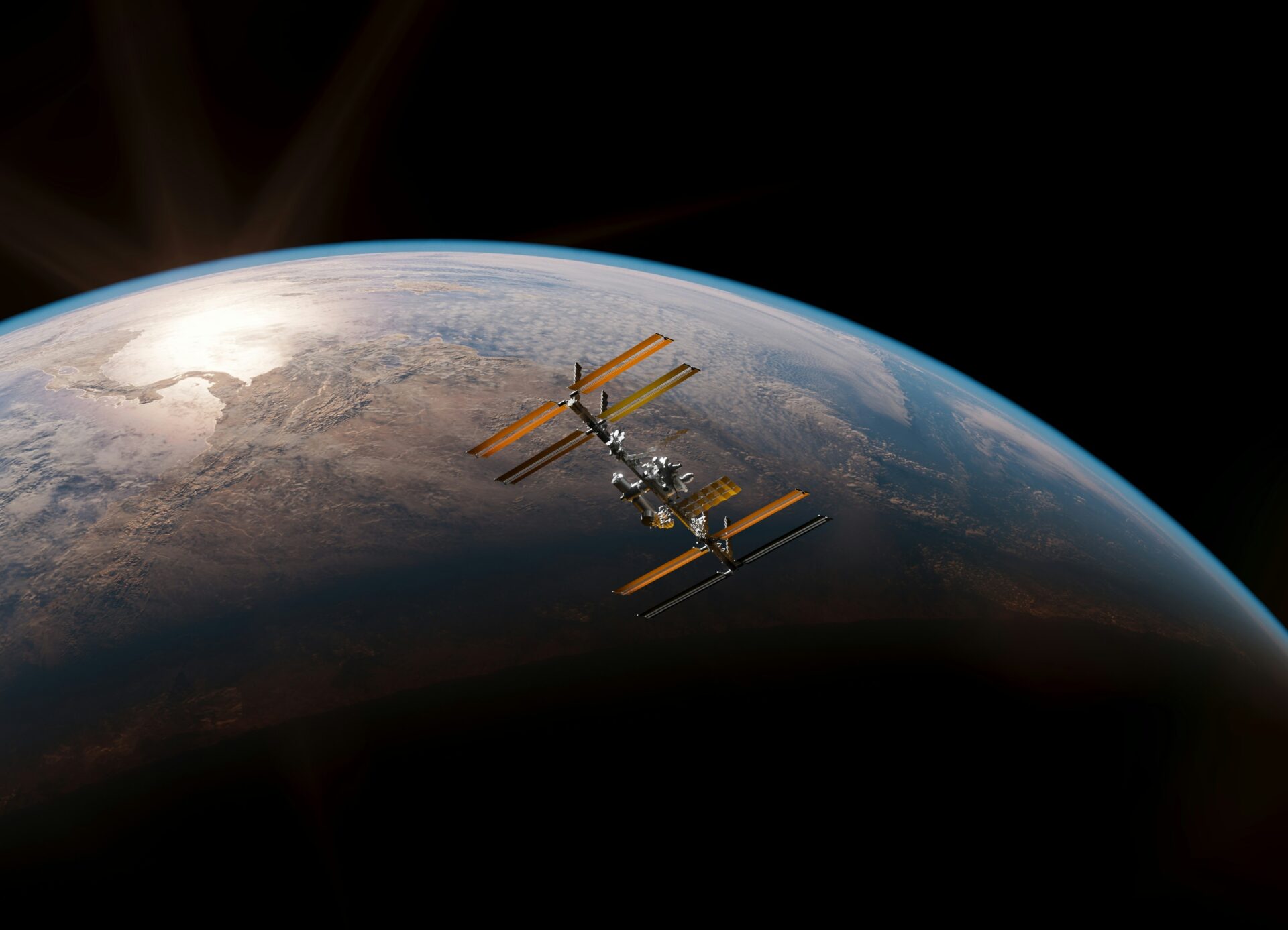Despite lagging behind global space powers like the United States, Russia and China, the United Kingdom is investing money and technology in growing its space sector. According to Space-Comm, the industry aims to capture 10% of the global space market by 2030 and contribute £40 billion in annual revenue.
The country just announced it secured an £80 million surplus in contracts from the European Space Agency over what the government contributed in the last quarter of 2024, and this week, the Space Information Sharing and Analysis Center (Space ISAC) launched a hub in the UK, aiming to foster international collaboration with the UK space industry.
What’s more, last month, Space-Comm, the leading event showcasing the United Kingdom and global space industry, held its annual conference in London.
The summit brought together over 50 nations, space organizations and innovators, all taking part in discussions towards the future of space exploration and technology.
With prominent figures such as Professor Brian Cox and Sir Richard Branson speaking at the event, the UK’s growing influence as a leading global space hub was reinforced.

The first day of the expo saw the release of new figures showing an increase of £112 million to be invested into the UK industry by the European Space Agency (ESA). Despite being a founding member of the ESA, the UK has recently experienced a deficit from them, receiving only 93p for every £1 invested.
The UK Space Agency has fought back hard to turn this around, with positive effects, such as the impact the extra £112 million will have on the UK’s competitiveness in the market.
During the event, the ESA announced commitments to creating a sustainable space sector such as promoting the “Statement for a Responsible Space Sector” initiative. A leading space marketing agency, AstroAgency partnered with ESA to promote the initiative, placing the agency at the core of the Space-Comm Expo.
The agency’s founder, Daniel Smith, an entrepreneur behind five UK space companies to date, was recently appointed as the Scottish Government’s first Trade & Investment Envoy for Space, making him a uniquely positioned voice in the sector.
An email conversation with Smith gave more insight into the UK’s position in the market.
Exemplifying the UK’s strong and important position in the sector, Smith explains that despite the increase in competition, the UK’s position is unique due to its capability to provide “end-to-end value chain capabilities when it comes to small satellites… that the UK designs and builds more of [these satellites] than anywhere else in Europe.”
The satellites that the UK launches, as well as being launched from rockets built in the UK, can be used for almost any sector, tracking ships, measuring soil moisture, tracking endangered species etc.
Smith told The Sociable that “this is a strength, but it can also be something of a challenge because it is so broad,” given that any sector can use these satellites. The challenge, then, is figuring out the skills needed for the future, and the skills required to use the “satellite data into insights that can be understood by the people working in application areas.”
With much of AstroAgency’s focus on the environment, Smith highlights the benefits of these satellites, such as the speed with which they can solve environmental issues that the human eye cannot identify early enough.
“One of the core narratives we want to push is ‘Space for Earth.’ We believe that space is not just about astronauts and rockets, it’s about how space technology benefits life on Earth,” said Smith.

This is one of AstroAgency’s key messages, highlighting the future as its principal concern, a goal that the UK is aiming towards.
“Space Sustainability – A Roadmap for Scotland” was the world’s first space sustainability strategy for a nation, headed by AstroAgency in 2022. Its aim is to look at the “environmental impacts on Earth from space launch,” with space debris being a prime concern for the future.
According to the ESA, there are more than 13,900 tonnes of space objects floating in Earth’s orbit.
Due to the common global issue of space debris, with its proposed Roadmap, AstroAgency is aiming to place itself at the forefront of solution providers.
With the UK spearheading, the countries “who get this right won’t only find that their space industries can actually contribute to net zero ambitions, but that they’ll be more attractive to customers,” said Smith, hoping that countries will follow suit, as the aim for net zero is for him “the most exciting area of space.”
The key factor for the UK growing and maintaining competition in the global market, according to Smith, is that “the UK has a great opportunity to build sustainability early,” which is much harder than the more established nations who have to modify their efforts.
With the UKs growing industry, full of Small and Medium Enterprises (SMEs), its position is very strong.
“When we ran consultations on the Scottish space sustainability Roadmap, not a single space business from 180+ in the country opposed the work packages or the penalties we suggested for companies that cannot demonstrate environmental protection efforts,” Smith commented.

Disclosure: This article mentions a client of an Espacio portfolio company.












